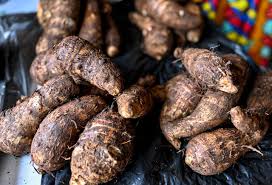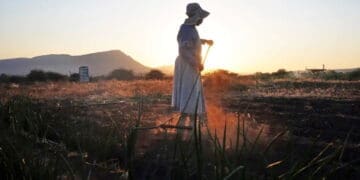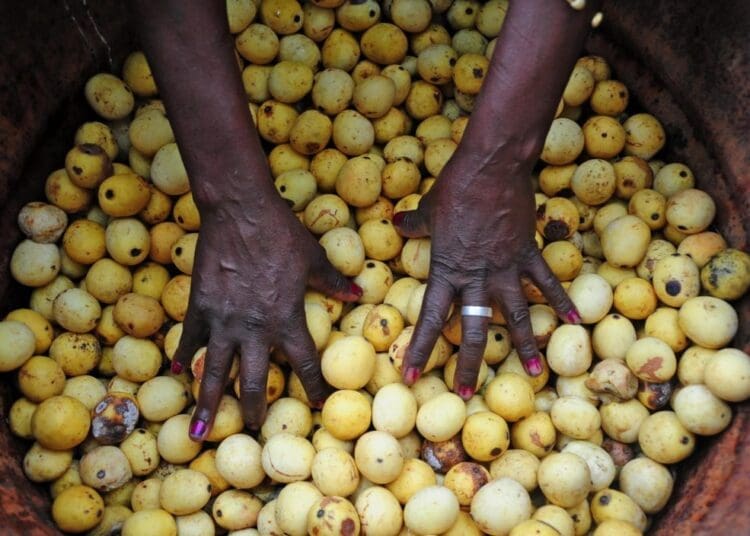With the G20 Summit shining a spotlight on sustainability and inclusive growth, South Africa’s recognition of indigenous crops stands as a tangible step in the same direction. The initiative blends tradition with innovation and gives local farmers and entrepreneurs a stronger voice in shaping the country’s green economic future.
Minister of Agriculture John Steenhuisen recently approved the inclusion of indigenous crops and medicinal plants in the list of declared agricultural products, a decision expected to unlock R12 billion in value for the local economy.
The move formally recognises crops such as marula, amadumbe, African potato and buchu, allowing their growers to qualify for government support, funding, and inclusion in formal markets.
The announcement comes at a time when the G20 is prioritising issues such as sustainable food systems, inclusive growth, and resilience to climate change.
Steenhuisen said the goal is to give dignity and opportunity to those who have long operated in the economic margins.
“With this legislative change, we are granting recognition and a path to prosperity,” he said.
Eastern Cape potato farmer Nosipho Vuthela, who runs the Gedlumhlanga Youth Co-operative in Mount Fletcher, said the initiative is a breakthrough for small producers who have struggled to access markets and financial support.
“This initiative is a game-changer for us,” she told Vutivi Business News. “With government recognition, we can access funding to expand our operations and create jobs in our community. It also allows us to explore new markets and partnerships with supermarkets and restaurants.”
Vuthela added that the move supports the G20’s emphasis on sustainability.
“We are adopting green practices like conserving water and promoting soil health,” she said. “Farming this way not only protects the environment but also creates opportunities for young people in rural areas.”

North West University Agricultural economist Thato Moagi said the decision reflects South Africa’s commitment to global development goals.
“The formal recognition of indigenous crops aligns with the G20’s priorities of food security and inclusive economic growth,” she told Vutivi Business News. “It opens new avenues for small-scale farmers to participate in formal trade, add value through agroprocessing, and explore export markets.”
Moagi added that while the initiative brings opportunity, small businesses still face barriers such as limited access to finance, poor infrastructure, and a lack of certification and marketing support.
Lizzy Leutlana, founder of Leutlana Trading Enterprise in Polokwane, which produces beetroot juice, said the policy means new growth opportunities for local agro-processors.
“Beetroot juice is growing in popularity because of its health benefits,” she said. “With better access to facilities and machinery, we can expand production and reach more consumers. Recognising local crops encourages people like me to innovate and build sustainable businesses.”
basetsana@vutivibusiness.co.za
































































